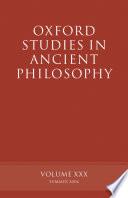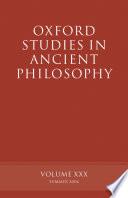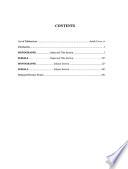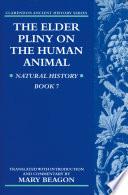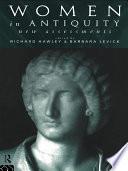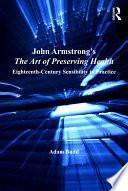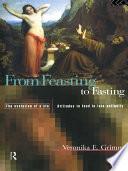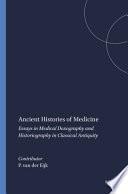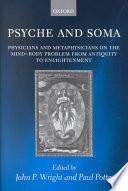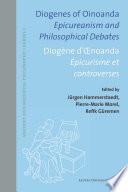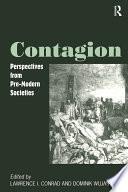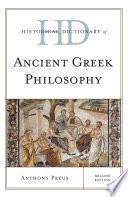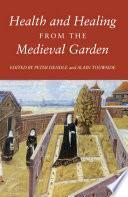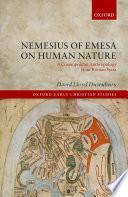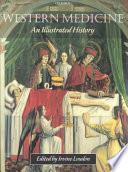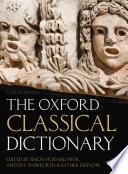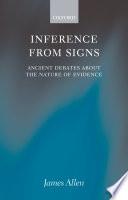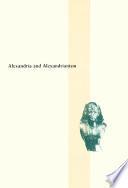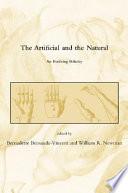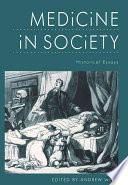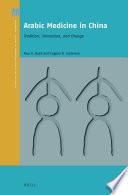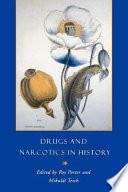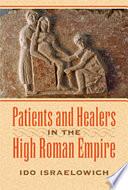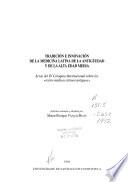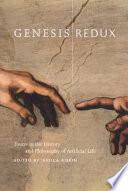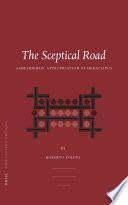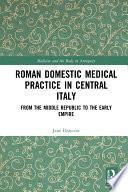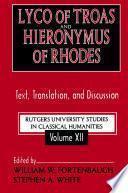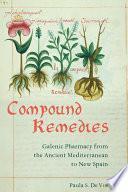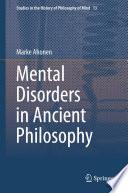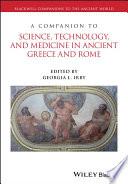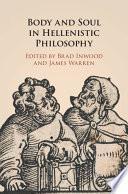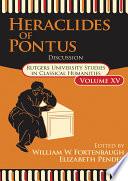John Armstrong's The Art of Preserving Health
Author: Adam Budd
Number of pages: 324
John Armstrong's 2000-line poem The Art of Preserving Health was among the most popular works of eighteenth-century literature and medicine. It was among the first to popularize Scottish medical ideas concerning emotional and anatomical sensibility to British readers, doing so through the then-fashionable georgic style. Within three years of its publication in 1744, it was in its third edition, and by 1795 it commanded fourteen editions printed in London, Edinburgh, Dublin, and Benjamin Franklin's shop in Philadelphia. Maintaining its place amongst more famous works of the Enlightenment, this poem was read well into the nineteenth century, remaining in print in English, French, and Italian. It remained a tribute to sustained interest in eighteenth-century sensibility, long after its medical advice had become obsolete and the nervous complaints it depicted became unfashionable. Adam Budd's critical edition includes a comprehensive biographical and textual introduction, and explanatory notes highlighting the contemporary significance of Armstrong's classical, medical, and social references. Included in his introduction are discussions of Armstrong's innovative medical training in...
